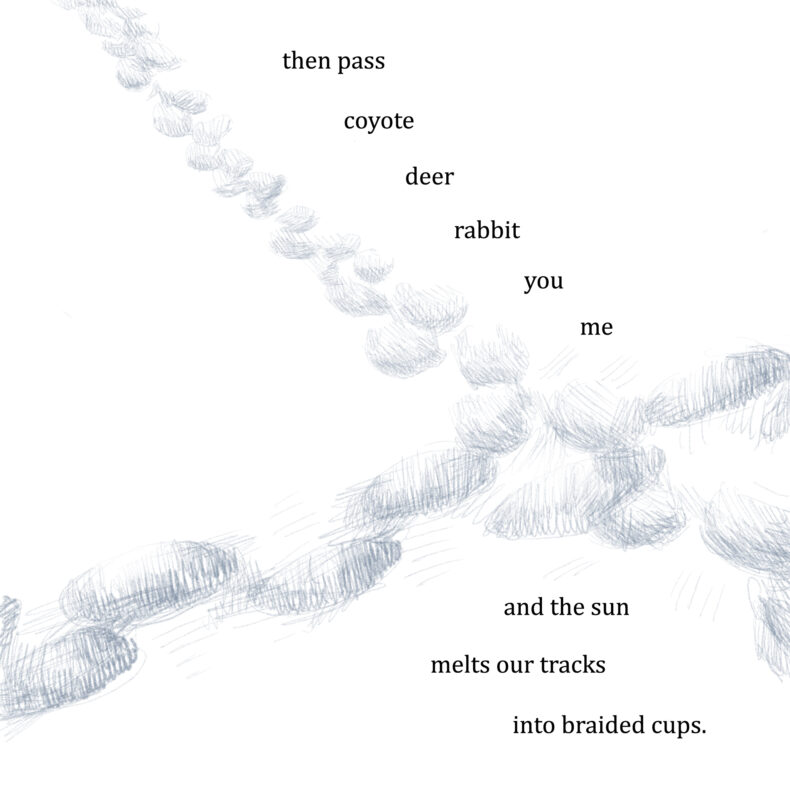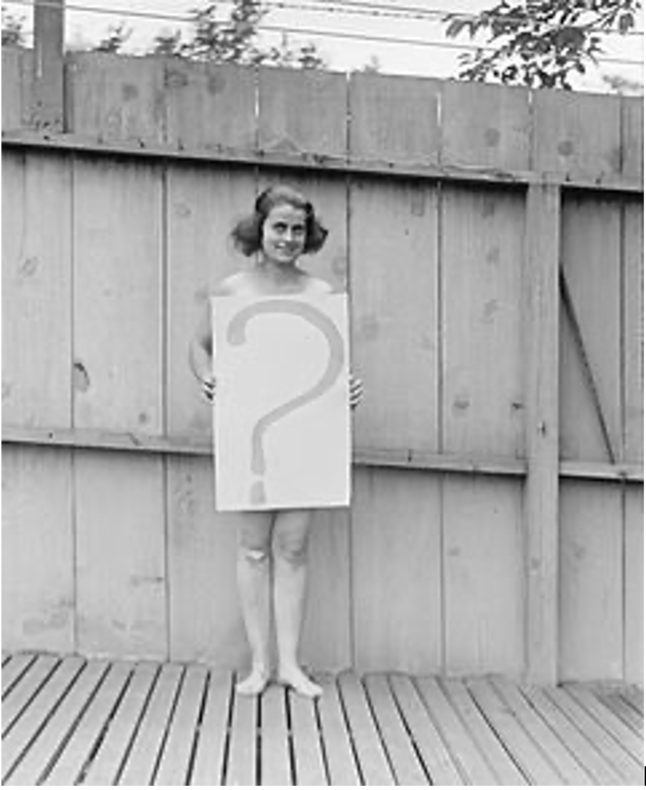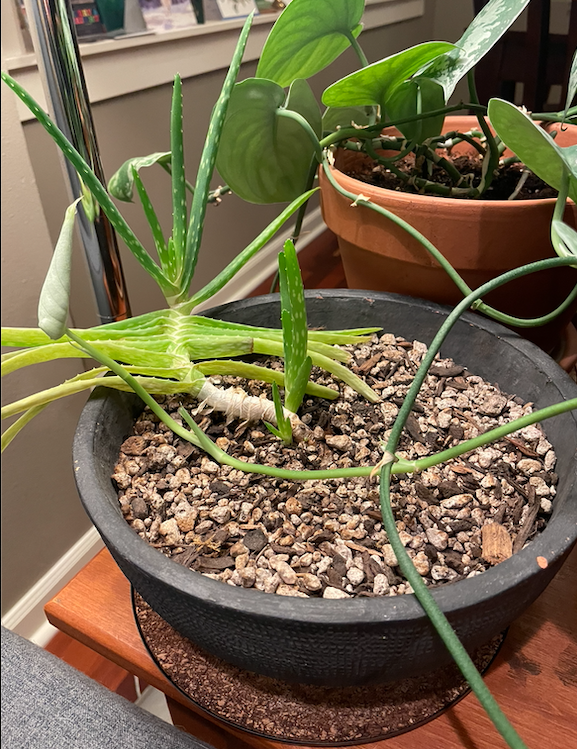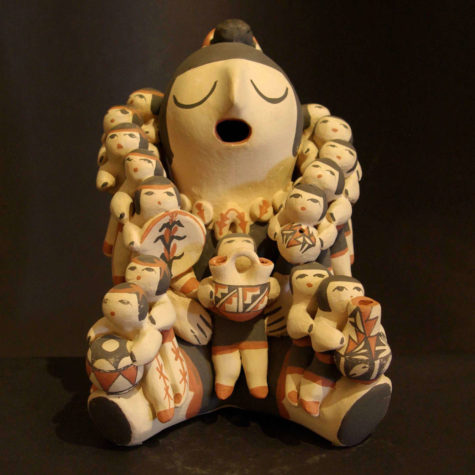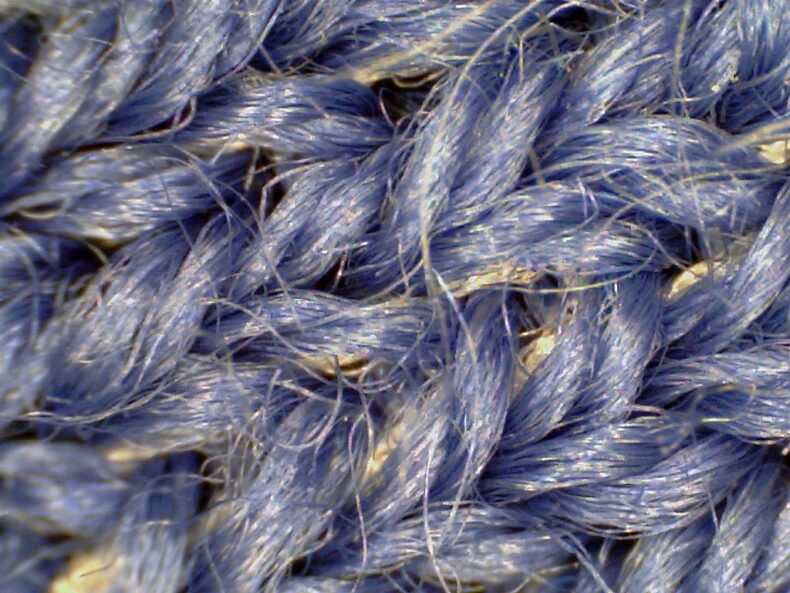
I grew up sewing most of my own clothes and developed an abiding and expensive fixation on beautiful fabric. Once I was in Florence at a store buying fabric, textiles (tessuti), as a gift for my mother. I stipulated in toddler-Italian a light wool (leggera lana) in blue (blu) for a dress for my mother (vestito per la mia madre). The sellers of tessuti in Florence are interested in gifts for mothers and full of information, opinions, and intensity. He hauled down from his shelves a bolt of wool, soft grey-blue, and unrolled it on the counter, thump thump, and ran the fabric out so I could see it was like no wool I had seen before. It was smooth, both light and firm; it caught the light; it was silky. He grabbed a handful of it, shook it a little, and said something in adult-Italian that I didn’t recognize but could still understand and answer. “It has a good hand,” I said. And he said “Si, assolutamente,” So I bought, at a price that was staggering but worthy of the hand, four yards of it.
We speakers of English use “hand,” taken direct from the Germanic, enthusiastically and variably: hand over, out of hand, hand to hand, first hand, handy. Physics experimentalists are sometimes said to have good hands. And since English is half Latin and “hand” is “manus,” we use manus similarly: manual, manufacture, manuscript.
The use I’m currently interested in was in a book in which one character asked another if he could read “secretary hand.” I’d heard the phrase, assumed in meant some kind of handwriting but looked it up anyway and such riches, not just one kind of handwriting but choices of handwriting depending on what was written, hand over hand, one hand after another!
Continue reading
